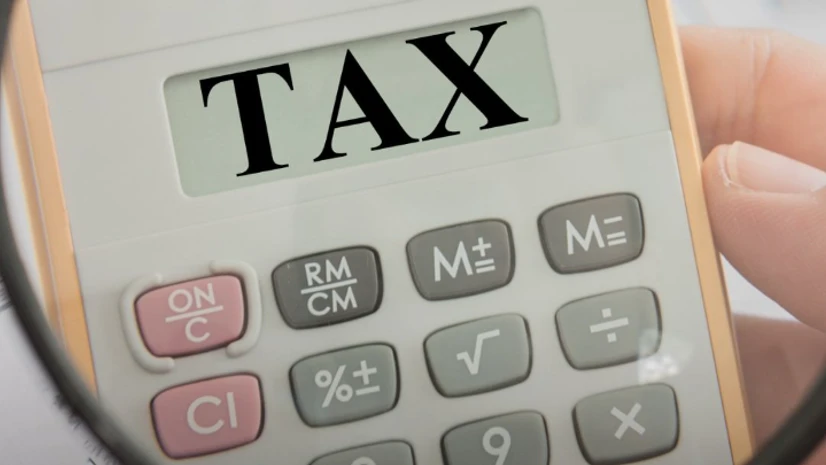We are merchant exporters. We have a customer in UAE, who wants to import at concessional duty under the India-UAE trade agreement and so wants from us a Certificate of Origin (COO) issued by the designated government agency. We observe from the format of COO prescribed in the relevant notification 39/2022-Customs (NT) dated 30th April 2022 that we are required to give the manufacturer’s name, address and country. We are afraid that if we give the details of the manufacturer in the COO, the importer will know from whom we procure the goods. Then, there is nothing to stop the buyer from approaching the manufacturer directly. Is there any way we can avoid that?
Rule 15(1) of the Customs Tariff (Determination of Origin of Goods under the Comprehensive Economic Partnership Agreement between India and the United Arab Emirates) Rules, 2022 issued through the above referred notification 39/2022-Customs (NT) says that the Certificate of Origin shall be in the format as specified in Annexure-E and shall include the HS Code, description and quantity of the products, name of consignee, name of exporter or producer or manufacturer, country of origin, and origin criteria such as value content or change in tariff classification. Thus, you have an option not to give the name of the producer or manufacturer in the COO.
We had imported a machine under EPCG authorisation. Now, one of the parts is malfunctioning and so, we want to send that part for repairs by the manufacturer and re-import the same. We do not have an invoice for that part. What value can we declare at the time of exports and imports?
First of all, please note that in such transactions there is no duty or tax implication based on the value of the part in the normal course. Since, there is no buyer or consideration when you send the part abroad for repairs, there is no supply under the GST laws. So, you can send the goods under a delivery challan. Second, you cannot claim any incentives as you will not be getting any payment against export of the part sent only for repairs. Third, when you re-import the repaired part, under S.No.2 of the notification 45/2017-Customs dated 30th June 2017, you have to pay the duty of customs or tax or cess which would be leviable if the value of re-imported goods after repairs were made up of the fair cost of repairs carried out including cost of materials used in repairs (whether such costs are actually incurred for not), insurance and freight charges, both ways. So, at a practical level, there is no tax or duty implication based on the value of the part unless you decide to not claim the exemption under the said notification 45/2017-Cus and pay full duty under Section 20 of the Customs Act, 1962. So, you may declare the value based on your reasonable estimates.
We want to import certain components of a machine and assemble the machine at our works using some other components bought from local vendors also. Can we ask for EPCG authorisation for import of the components?
The facility to import components under EPCG scheme for assembly or manufacture of capital goods by the importer was available earlier but has been discontinued since 2004.

)